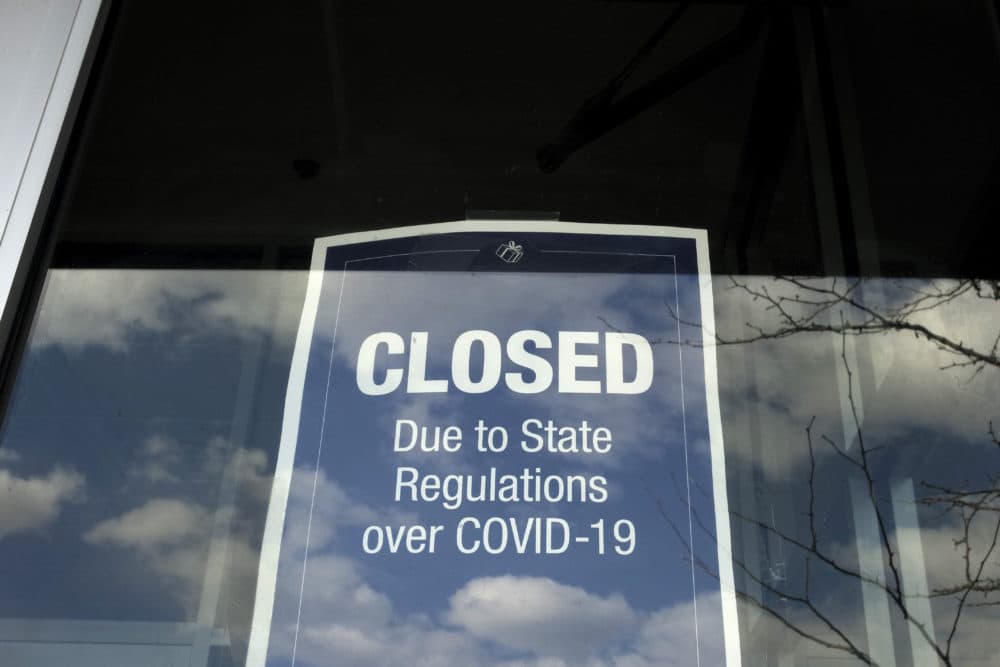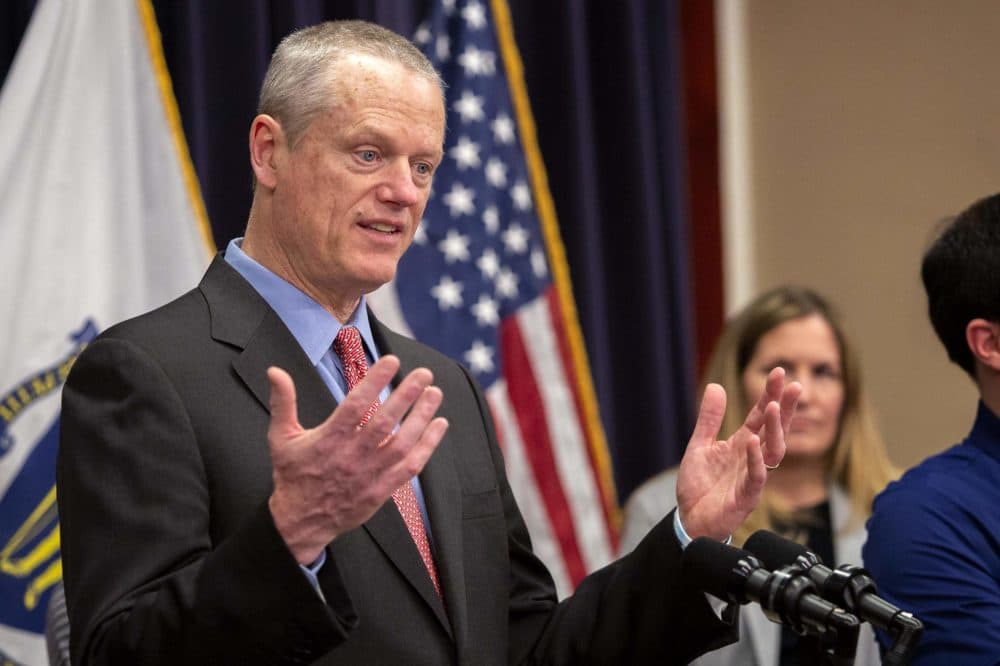Advertisement
1,000 days later, experts say the COVID shutdown was the right move

The world has come a long way since March 2020, when the novel coronavirus first threatened to engulf Massachusetts, and Gov. Charlie Baker ordered non-essential businesses to shut their doors against the pandemic.
Today, epidemiologist Bill Hanage stands by the governor's order, with one caveat.
"He should have done it earlier," Hanage said on a recent call with reporters. "A lot of people died in Massachusetts during that first surge, and not that many people needed to die."
It's now been 1,000 days since March 24, 2020, the day Baker's order limiting in-person gatherings and requiring many workers to stay home took effect.
Roughly a month after the shutdown began, more than 3,000 Massachusetts residents had died of COVID. By the start of November 2020, the number had ballooned to more than 10,000 deaths.
Hanage, a professor and co-director of the Center for Communicable Disease Dynamics at Harvard T.H. Chan School of Public Health, said the evidence is "very good" that lives could have been saved by shutting down even earlier.
Still, other public health experts commended the timing of the governor's shutdown, saying it helped make the first COVID surge more manageable for Massachusetts hospitals.
“We never got overwhelmed, we never had to ration care, and nobody was ever uncared for," said Amy Barczak, an infectious disease specialist at Massachusetts General Hospital. "I think the shutdowns really helped that."

Barczak contrasts the situation in Massachusetts with places like New York City or Italy, where hospitals were overflowing in the early months of the pandemic. She argues the governor's decision in March to shutter many businesses and discourage in-person gatherings was part of the reason for the difference.
Massachusetts also ordered schools to close in mid-March, worked to expand access to coronavirus testing and, later, ordered hospitals to curtail elective procedures.
But the shutdown, which lasted nearly two months before a gradual unwinding of restrictions, upended many lives and businesses. Some critics have argued the measure was too drastic and wasn't worth the costs.
Jacob Lemieux, an infectious disease specialist and colleague of Barczak's at MGH, agrees there was value in the 2020 shutdown, but he also emphasizes how far the state — and the science on COVID — has come since then.
Vaccines now exist that greatly reduce the risk of death from COVID. More than 90% of Massachusetts residents have received at least their first dose, one of the highest vaccination rates in the country.
At this point in the pandemic, most experts also believe that many people likely have some natural immunity to COVID from a prior infection. In addition, doctors know more about treating the disease than they did when Baker told "non-essential" businesses to close their doors.
“We’re really in a very different place now, and I wouldn’t imagine such a thing would be needed [today]," Lemieux said. "But I do think shutdowns were justified and saved many, many lives.”
So, could a similar shutdown ever be justified again? Hanage says, never say never.
"With the current pandemic I find it hard to imagine," he said. "But I don’t think we should forget that there will be other pandemics in the future, and we should be prepared to not take anything off the table.”
Overall, Hanage gives the state's government strong marks for its pandemic response.
"The plan for pandemic management was pretty well put in place and pretty well enacted," he said, "including full opening, once there was an effective vaccine available."
